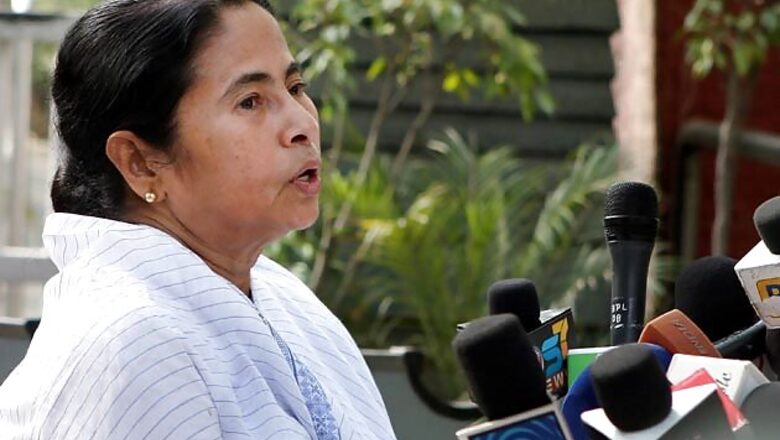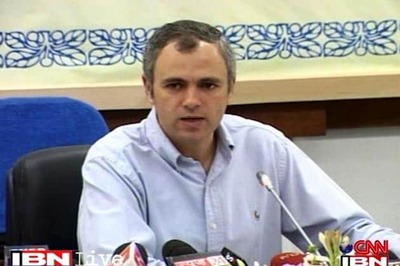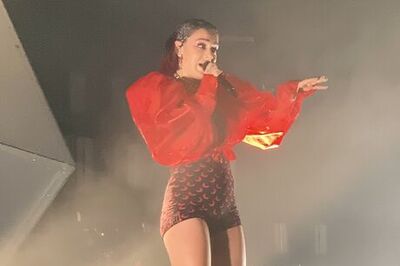
views
New Delhi: What will Mamata Banerjee do now? For the first time in recent times, the Trinamool Congress chief has found her gambit defying the UPA government falling flat on its face. Confident from her string of successes in blocking FDI in retail and aviation, the new Pension Bill, and several other moves for economic reform, Banerjee might have counted on her opposition to the choice of Pranab Mukherjee as India's next President being equally successful.
Instead, in a rare display of spine, the Congress has stood up to her and not only gone on to announce Mukherjee as the official nominee of the UPA, it has also all but told her that she cannot hold the central government to ransom as she had in the past year, ever since her resounding victory in the West Bengal Assembly elections in May 2011. Rubbing salt in Mamata's wound, her choice for President, APJ Abdul Kalam, has refused to contest.
Where does this leave Trinamool's relationship with the UPA government? She has in the past twenty-four hours dared the UPA to throw her out, even while asserting that her party does not want to bring the government down. Trinamool watchers believe that Banerjee would be happy if the General Elections were to be held this year, since her stock is high and she can improve on her seat position in Parliament – and thus wield greater clout at the Centre.
In West Bengal, the Congress was the Trinamool's pre-poll ally, but the relationship between the two parties has rapidly deteriorated to the point of a near breakdown. On Friday, the West Bengal wing of the Congress expressed its wish to quit the state government. That will not affect Banerjee's position in West Bengal, because her party enjoys a huge majority. What this does signal, however, is that the relationship between the Congress and the Trinamool Congress might well be on its last legs in Delhi.
Being forced out of the UPA may not help Banerjee if mid-term elections are not forthcoming. For the government not to fall if the Trinamool quits the coalition, the UPA must seek support from other combines, such as the BSP and/or the Left. In Indian politics, no alignments are ever ruled out. If Banerjee is left out in the cold, she may resume her relationship with the NDA, which is ready to welcome her, but she will lose whatever leverage she has with the current central government.
With West Bengal's financial situation in dire straits, this may not be a welcome situation for the Mamata Banerjee administration. Some analysts even believe that her opposition to Mukherjee's candidature may even stem from his refusal, as the current Union Finance Minister, to help West Bengal with its finances. But whatever her motivation, Banerjee will probably have to either mend fences with the UPA, or find a viable alternative strategy to remain relevant in national politics.
On its part, will the Congress follow through on its refusal to buckle under Banerjee's pressure by dumping her from the UPA? Much depends on how far Congress chairperson Sonia Gandhi is willing to go, and whether the UPA can secure the support needed to compensate for the loss of the Trinamool's seats. But whether the Trinamool stays or goes, crucial economic reforms that have been pending may well see light of day now.




















Comments
0 comment